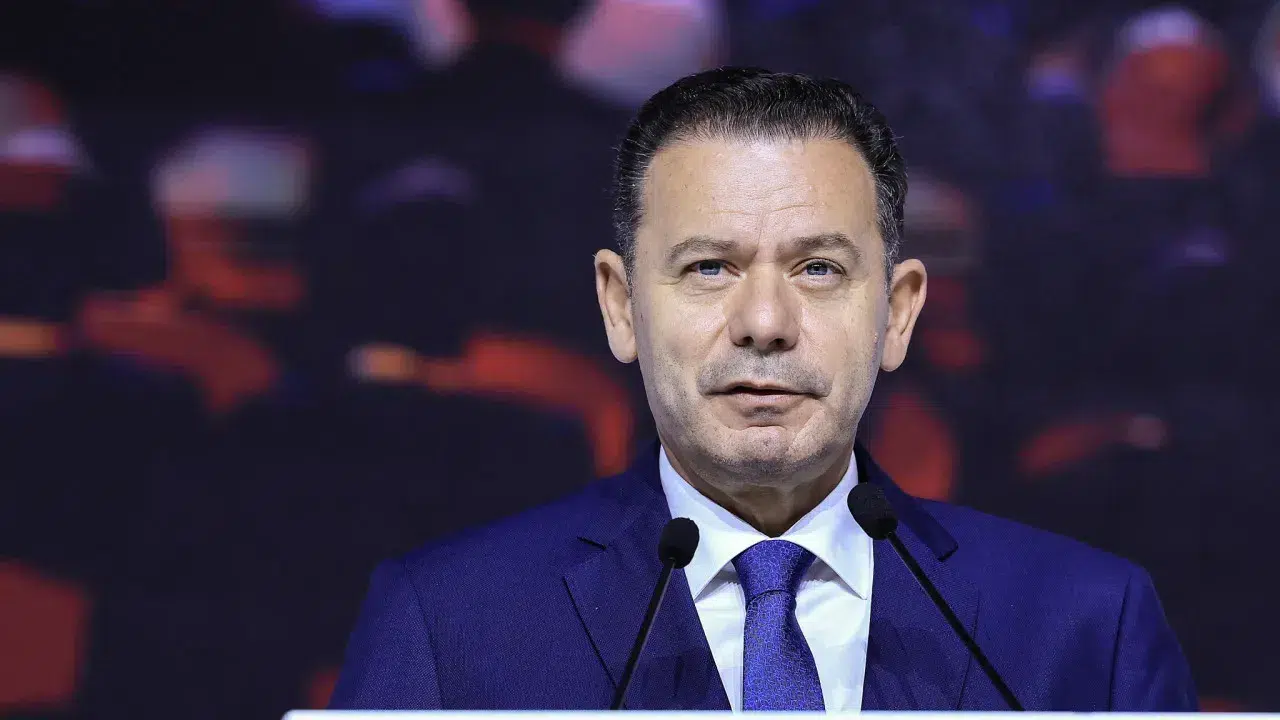
“We are already changing, in some way, today and adjusting the selection tests to the new national and international reality. But we also want that regarding admission conditions, there is – compared to practices in Spain, France, Australia, and other countries – some standardization so that people in society with different social profiles can also apply to the PSP,” stated Luís Carrilho to journalists on the sidelines of the 87th anniversary celebrations of Porto’s Municipal Police.
The national director of the Public Security Police spoke about the new PSP recruitment process that will include 633 agents despite 800 positions being available.
There were 3,392 candidates for this competition, meaning 2,759 were unsuccessful.
Questioned by journalists about the profession’s attractiveness, Luís Carrilho assured that the PSP is “in great movement” to ensure that in the future it will have “staff always prepared and in sufficient numbers” to meet society’s needs, highlighting that “the police evolve as other sectors of society evolve.”
“We have just concluded this recruitment process, filling 633 positions, but we will soon start another recruitment process for the future,” he added.
The director of the PSP also considered that, in terms of career, this police force “has great functional dignity” and that those who join the PSP “have the possibility of choosing a career of the future, whether at the level of agent, chief, officer, or even in other technical areas.”
The president of the Police Professionals Union Association (ASPP/PSP), Paulo Santos, stated on Thursday that the numbers of the new agent recruitment demonstrate a lack of attractiveness in the police, which “is compromising the operational service” and affecting the exit of officers who have reached the age for pre-retirement.
For Paulo Santos, the criteria for admitting new agents have changed, such as age, but the answer “to lack of attraction is not related to the age criteria.”
The unionist considered that the reduced number of candidates to the PSP is due to the image of the PSP, an institution without working conditions and low salaries.
“The police salary is still very low for the specificity of the profession and the demands of the service,” he said, emphasizing that in recent years the PSP has not been able to fill the available positions.
The Independent Police Agents Union (SIAP) also warned about the scarcity of new agents joining the PSP, considering the 633 admitted candidates “a significantly below necessary number and symptomatic of a much deeper problem.”
“This result should be seen as a serious alarm signal regarding how the police career is being perceived by young people. The lack of attractiveness of the profession is now impossible to ignore. And the most serious is that not even with the easing of admission criteria—a desperate attempt to increase the number of candidates—was it possible to fill the available positions. This detachment of young people from the PSP is directly related to the possibilities offered: salary conditions are modest for the demands and risks of the role. Career progression is slow and often demotivating,” SIAP further states.
This month, a new agent course, initially planned for 600 slots, opened with 500 and ends with 459 officers, with 41 having already dropped out.




